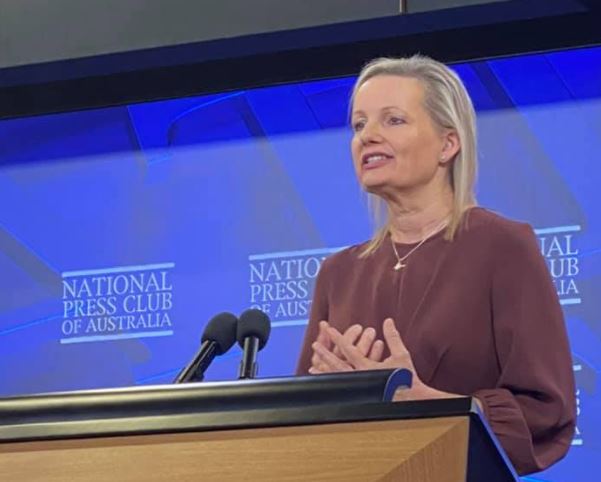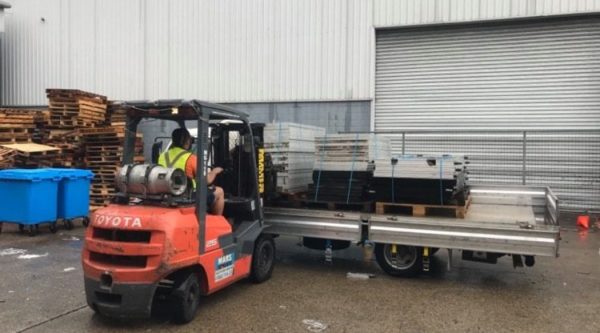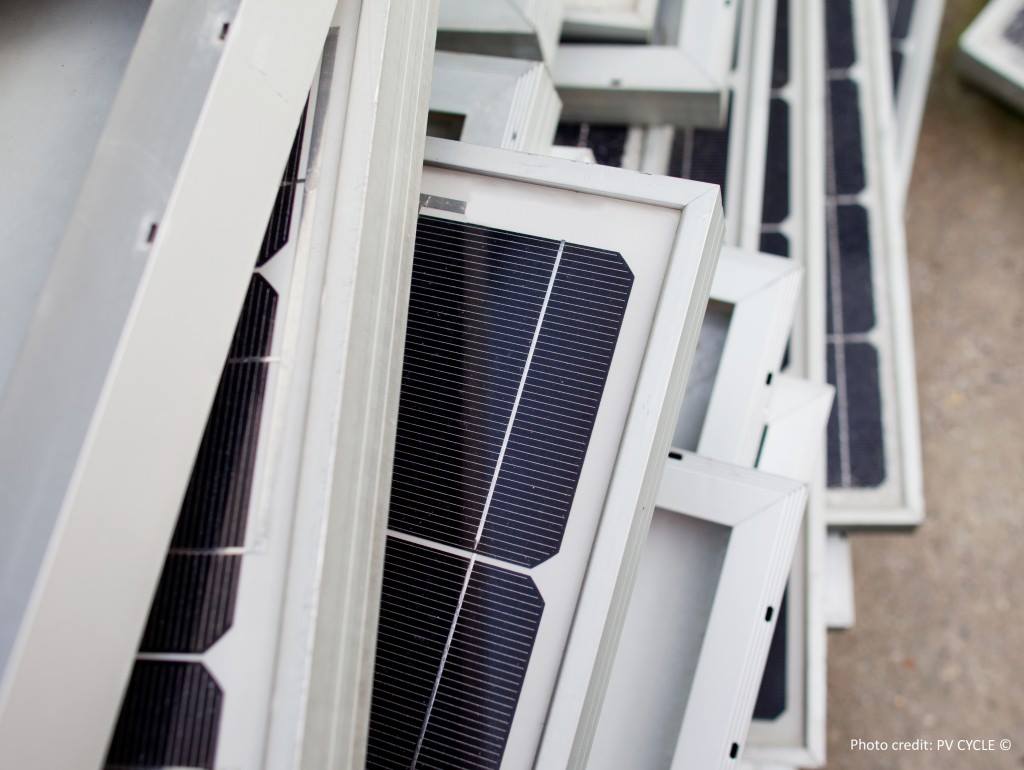The ACT government will investigate recycling options and a product stewardship scheme for solar PV modules, inverters and batteries after a motion was passed in the Legislative Assembly earlier this week.
The motion calls for the ACT government to explore recycling options for a range of electrical appliances including solar PV modules, inverters and large batteries and for a report outlining options and a timeline to be presented to the Assembly by February 2022.
The motion, put forward on Wednesday by Greens MLA Jo Clay, will also seek to confirm which of the products will be covered by a product stewardship scheme to commence within the next 12 months.
Clay said solar PV uptake in the ACT is at an all-time high and a product stewardship scheme would place the onus for end-of-life recycling on the manufacturer or industry.
This is a really good way to recycle, as it means the producers have an incentive to design easy-to-recover material and it also means they include the cost of recycling in the original purchase price, Clay said.
Figures provided by the federal government show that 2,700 tonnes of solar PV waste was generated in Australia in 2018 as the earliest modules reached their end of life. By 2050 it is expected that figure will climb to 1,532,000 tonnes of PV waste annually.
“We need to make it simple to recycle solar panels, large batteries and electrical products,” Clay said.
“The Victorian government banned solar panels and e-waste from landfill in July 2019 and are leading the way on this nationally.
“This motion will pull the ACT in line with community expectations on recycling of electrical products. It is a necessary step in the ACT’s continued journey towards an environmentally sustainable future.”

Image: Facebook
The ACT government’s announcement came just hours after federal environment minister Sussan Ley informed the solar industry it needs to design and present a finalised industry-led product stewardship scheme by June 2022.
Following her speech in the National Press Club last week during which she said waste from solar systems looms as an environmental disaster, the minister announced on Tuesday the nationwide scheme must be operational by June 2023 and include an approach to deal with legacy panels.
Ley said previous submissions from sections of the industry to set up a scheme have lacked a cohesive, coordinated and sustainable approach that looked beyond initial support from the government.
“Solar panels have languished on the government’s priority list for six years now. It is time for the industry to step up and address the issue of waste either stockpiling or ending up in landfill, and today I have given them a deadline of mid-2022 to do that,” she said.
Ley’s announcement triggered a swift response from the Clean Energy Council (CEC) which said it was “frustrated” with the federal government’s approach to solar module waste.
CEC chief executive Kane Thornton said the peak body has worked to develop a plan to address this issue over the past year but the federal government had walked away from coordinating a national approach to solar PV waste.
Thornton said another proposal put forward by the CEC to establish an industry-led and self-funded product stewardship program was also rejected.
“Industry is prepared to lead and coordinate this initiative, but it also requires coordination and leadership from government given the significant regulatory interactions between the three tiers of government on environment and waste policy,” he said.
“We would welcome a joint approach from the federal government and we remain ready, willing and able to work in partnership with them on this significant issue.”

Image: PV Industries
Industry has already made moves to address the issue as the number of decommissioned modules mounts up with Adelaide-based Reclaim PV Recycling recently securing approval to establish a second facility in Brisbane.
Reclaim PV, which for the past few years has been processing a test trickle of around 10,000 modules per annum, is looking to work with manufacturers, councils and businesses to establish a national network of drop-off locations for solar modules to be recycled at its plants.
Victorian-based Lotus Energy has also commenced recycling operations at its facility in Melbourne’s north, unveiling its panel-crushing plant earlier this year, declaring it is capable of recycling 100% of end-of-life solar modules, including inverters, cables, optimisers and mounting structures – all without using any chemicals.
Sydney-based PV Industries has also started recycling solar modules and processing material after securing a site in the city’s western suburbs earlier this year.
The New South Wales government has also made moves to address the challenge, allocating $10 million for a two-stage grant funding scheme aimed at keeping end-of-life solar systems out of landfill.
This content is protected by copyright and may not be reused. If you want to cooperate with us and would like to reuse some of our content, please contact: editors@pv-magazine.com.









4 comments
By submitting this form you agree to pv magazine using your data for the purposes of publishing your comment.
Your personal data will only be disclosed or otherwise transmitted to third parties for the purposes of spam filtering or if this is necessary for technical maintenance of the website. Any other transfer to third parties will not take place unless this is justified on the basis of applicable data protection regulations or if pv magazine is legally obliged to do so.
You may revoke this consent at any time with effect for the future, in which case your personal data will be deleted immediately. Otherwise, your data will be deleted if pv magazine has processed your request or the purpose of data storage is fulfilled.
Further information on data privacy can be found in our Data Protection Policy.